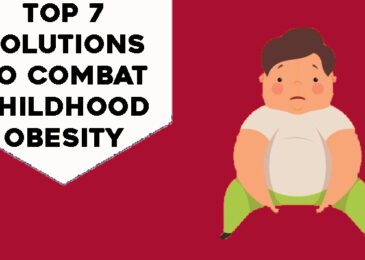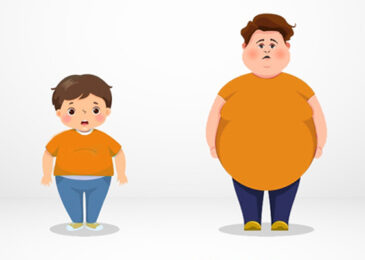
Childhood obesity and its impact on mental health is a growing concern for parents, healthcare professionals, and society as a whole. Childhood obesity is defined as having a body mass index (BMI) greater than the 95th percentile for children and teens of the same age and sex.
In recent years, the number of children and teens affected by obesity has risen dramatically, with estimates suggesting that more than one in five children in the United States are now considered obese.
The impact of childhood obesity on mental health is a serious concern, as obese children and teens are more likely to experience low self-esteem, depression, anxiety, and bullying. These mental health issues can have long-lasting effects, impacting the child’s development, academic performance, and overall quality of life.
Obese children and teens may face teasing and bullying from their peers, which can cause feelings of shame, embarrassment, and isolation. This can lead to low self-esteem, anxiety, and depression, which can in turn contribute to overeating and further weight gain. This creates a vicious cycle that can be difficult to break.
In addition to the psychological effects of childhood obesity, there are also physical health concerns to consider.
Obese children and teens are at a higher risk for a number of health problems, including diabetes, heart disease, and sleep apnea. These health problems can further impact mental health, as the child may struggle with physical limitations and the stigma associated with being overweight.
To help combat childhood obesity and its impact on mental health, it is important for parents and caregivers to be proactive.
This may involve encouraging regular physical activity, providing nutritious, balanced meals, and monitoring screen time. It is also important for parents to be supportive and encouraging, and to address any concerns the child may have about their weight or appearance.
In conclusion, childhood obesity and its impact on mental health is a growing concern that requires attention and action. By promoting healthy habits, addressing any concerns or issues, and providing support and encouragement, we can help children and teens achieve and maintain a healthy weight, improving their mental and physical well-being.



